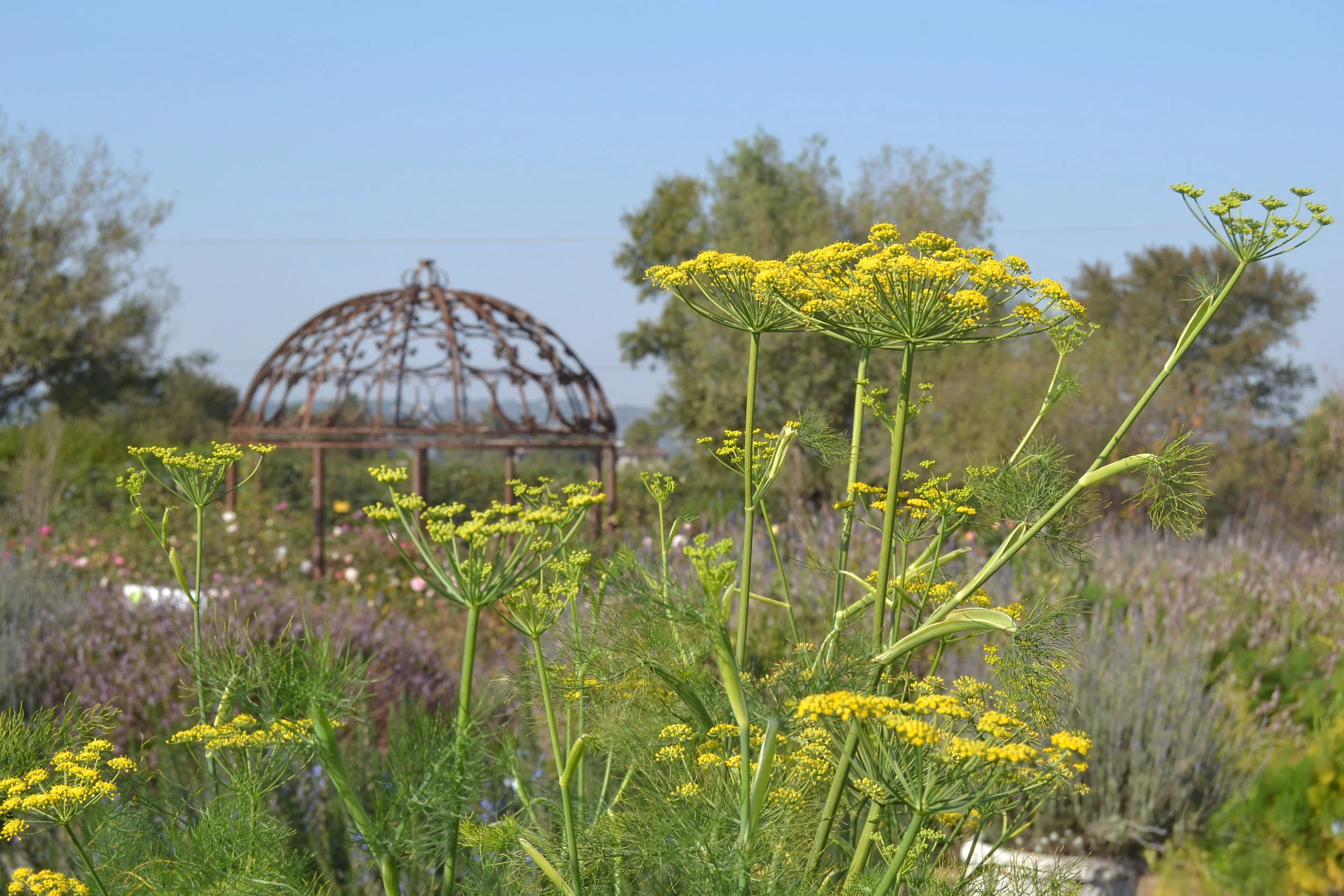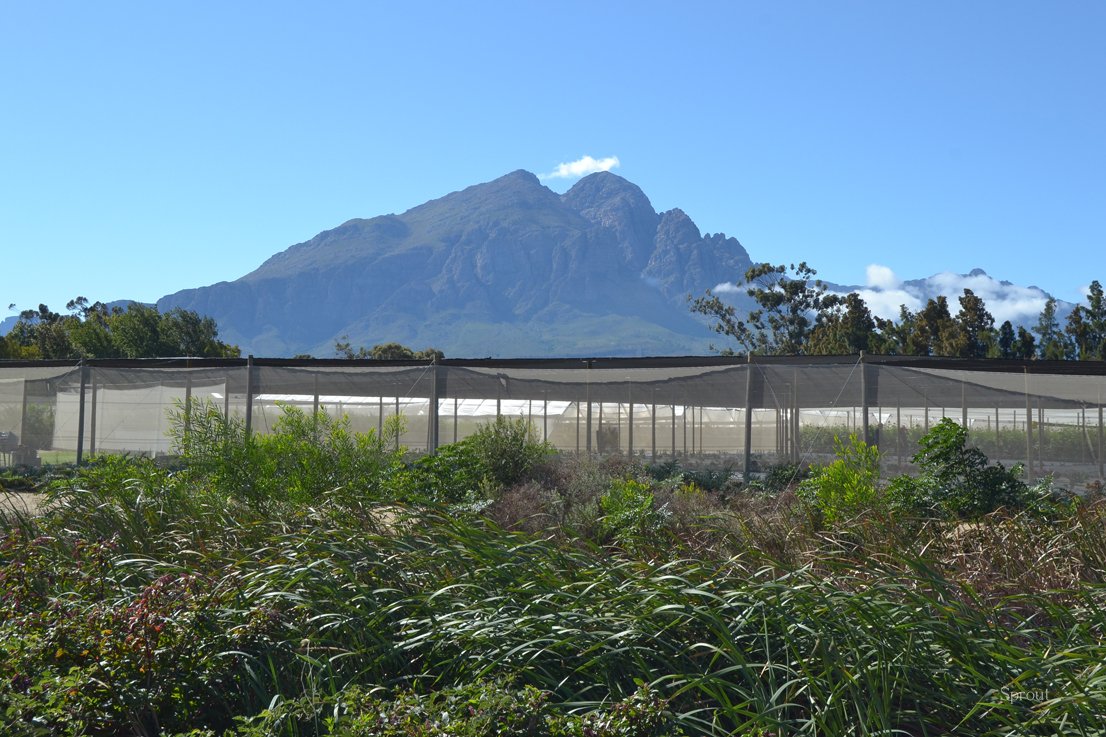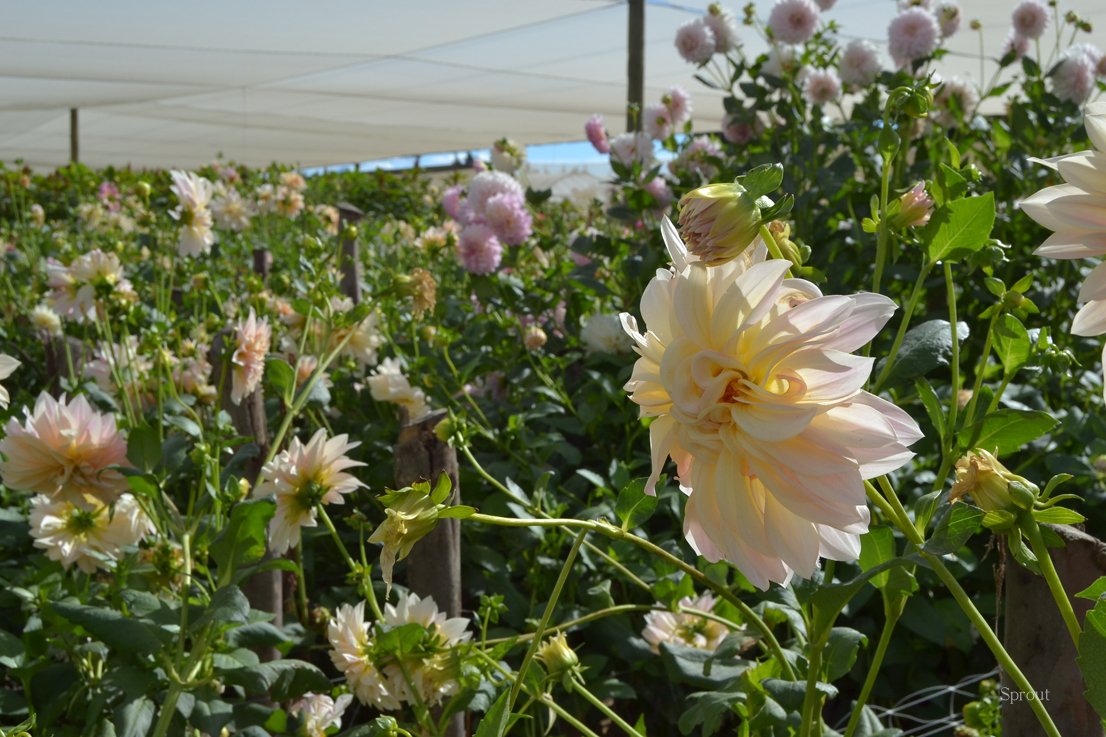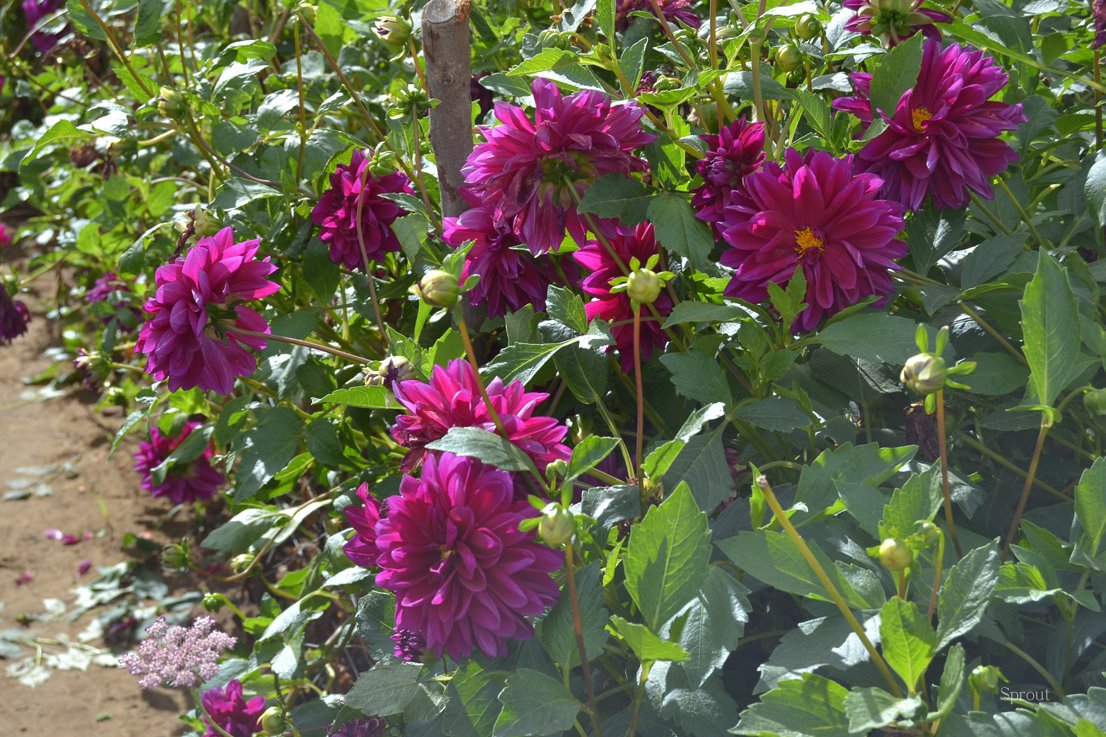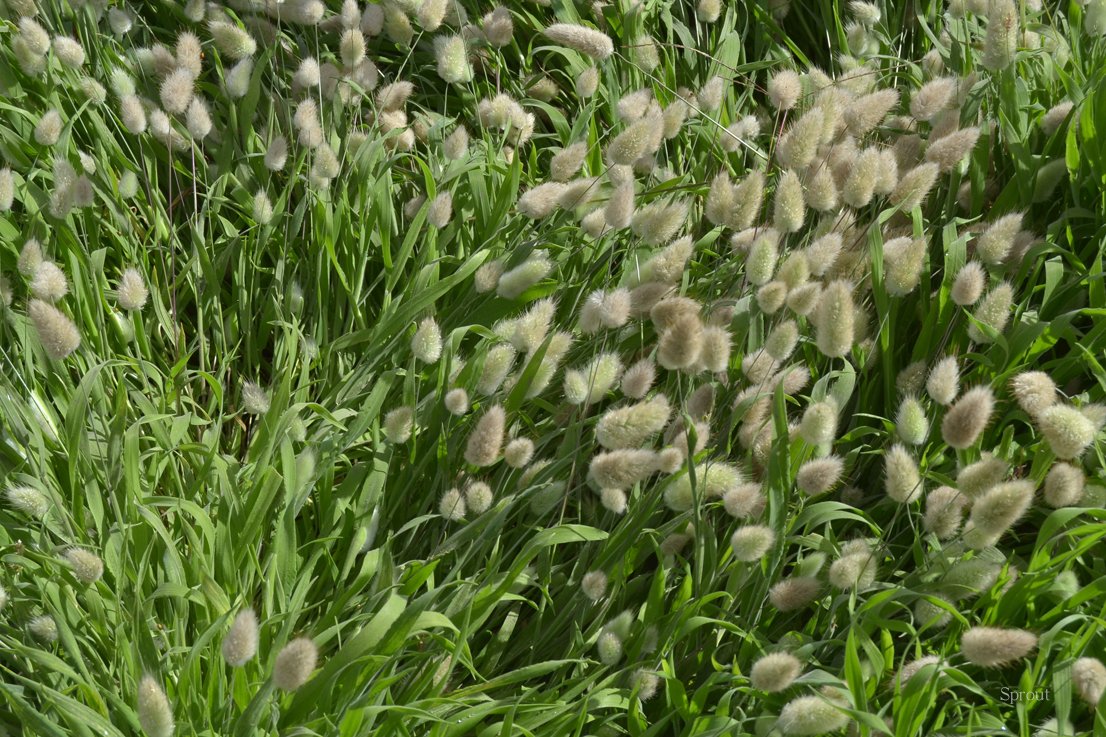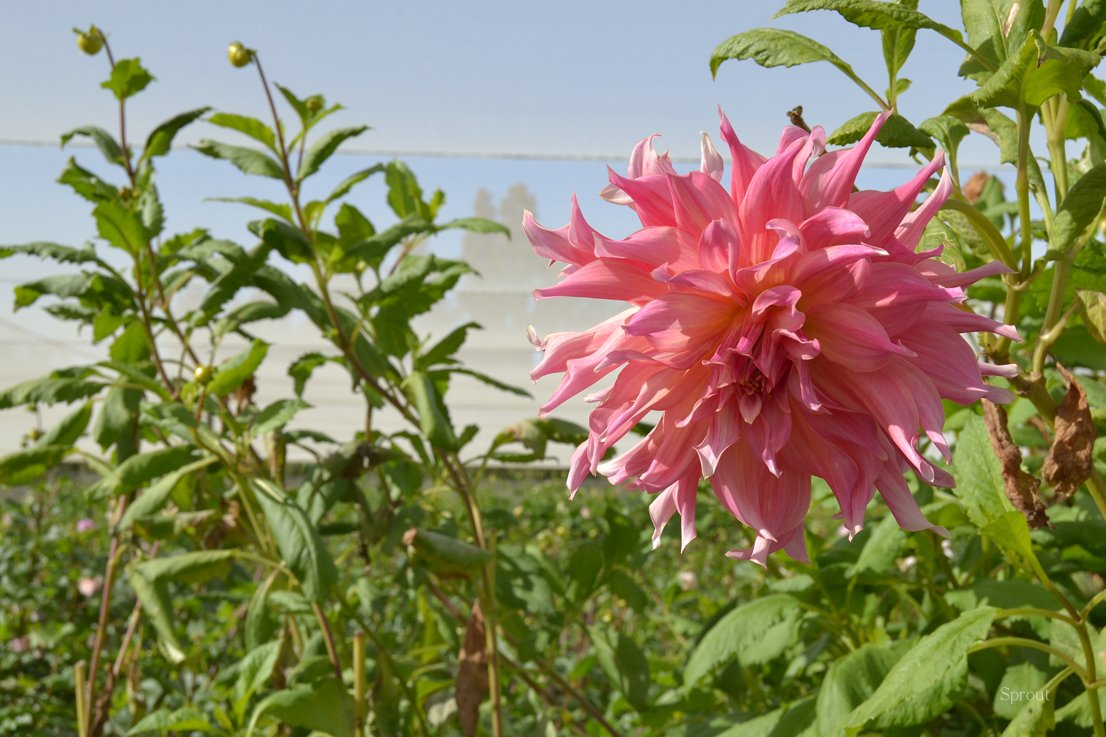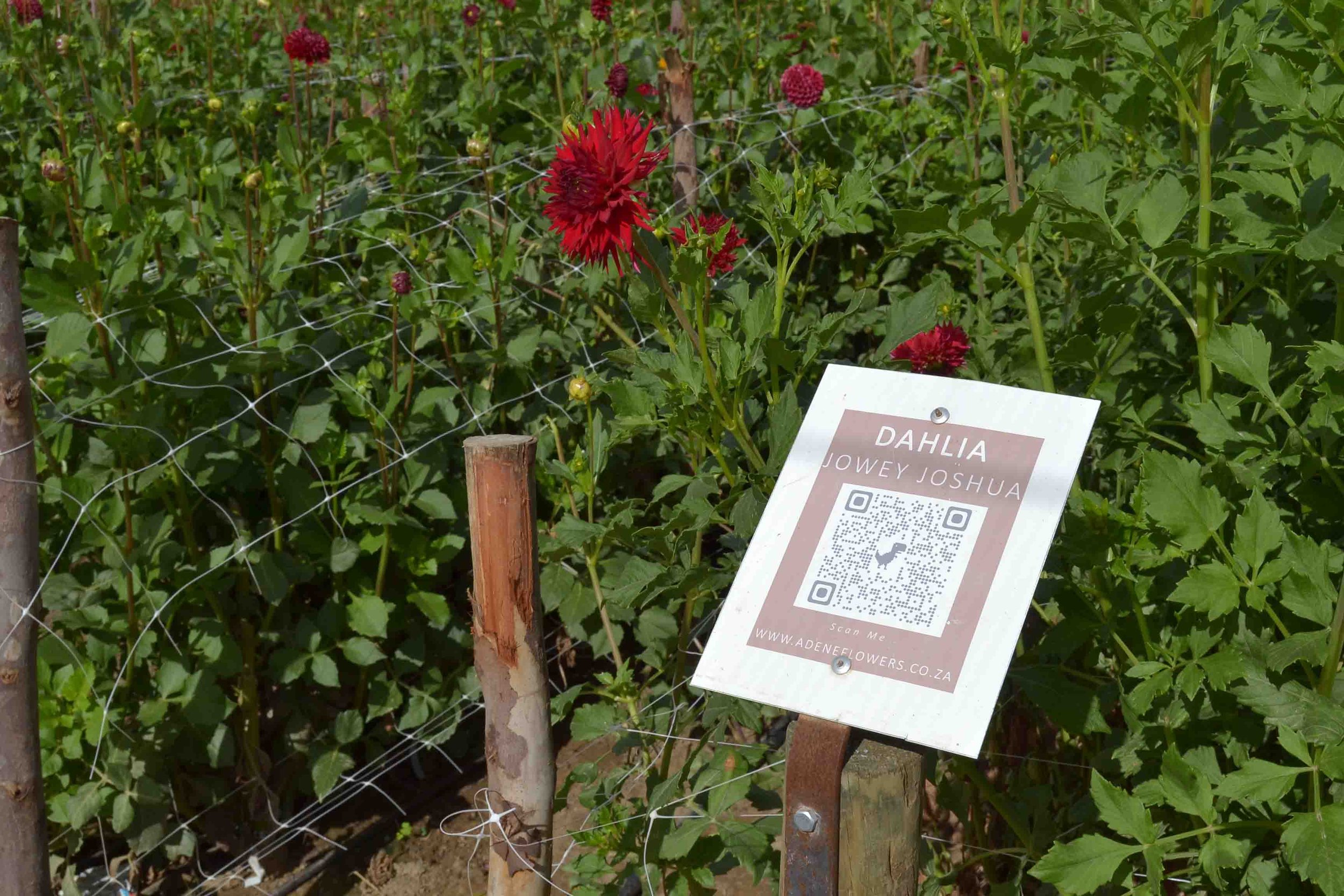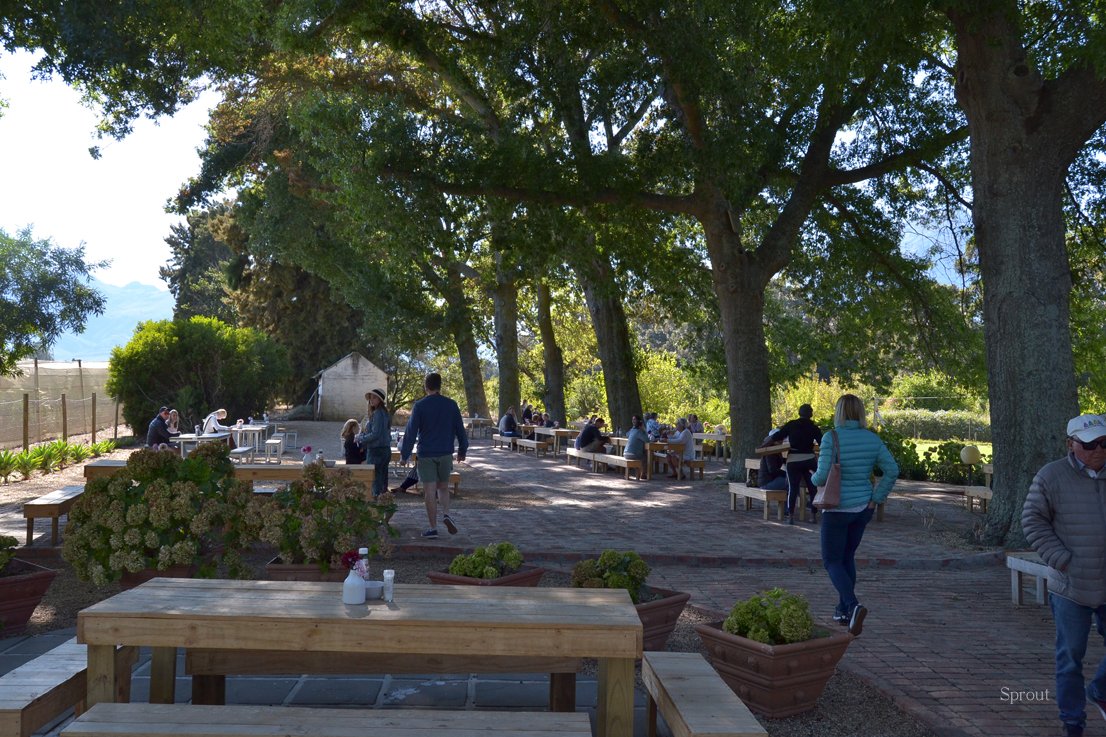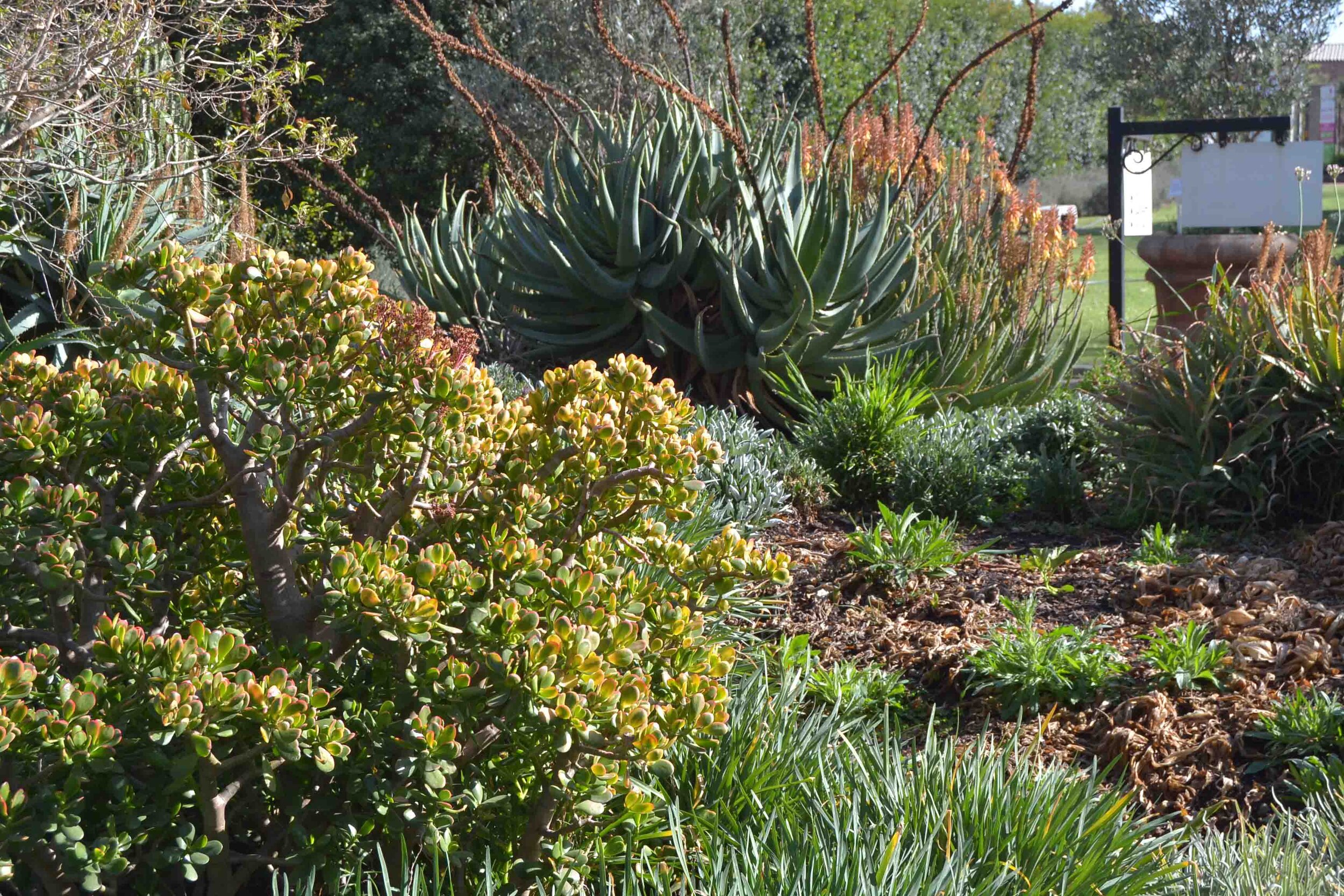I first discovered Adene’s Flower Farm through Instagram where her stunning pictures of gigantic flowers made me wonder if these could possibly be real. Since we love beautiful and inspiring places we naturally included Adene’s Flower Farm in our itinerary.
About the Farm
The Flower Farm is situated on a farm called Platvlei Fruit Farm which is a family farm that was purchased by the Nieuwoudts in 1937. Adene Nieuwoudt, the driving force behind the business and beautiful face of the Instagram account, started the flower farm in 2016 after working as a photographer in the wedding industry. The farm has grown considerably over the past few years and is now 5 hectares in size and includes over 200 different varieties of flowers.
The Products
The Flower Farm is dedicated to producing high quality, beautiful and long lasting fresh cut flowers and foliage. They sell their produce (also seeds and tubers) directly to the public, through their website and at markets including the Oranjezicht Market at the Cape Town Waterfront every Saturday and Sunday. This year they will be exporting their Dahlia tubers to Chile, Namibia and Zambia.
Visiting the Farm
The Farm is open to the public for visits from the middle of December to the first week of April on Saturdays and Sundays. A small fee is payable upon entering and includes a map and packet of seeds to take home. There is a coffee shop that serves drinks and light beverages and seating areas under the Oak trees. The tunnels hold a variety of different plants and name boards with a QR code can be found at most flowers. The QR code on these boards can be scanned to link to the website where you can find more information about the flower or add it to your wishlist.
Coffee shop with seating below the Oak Trees
We enjoyed ambling our way through the tunnels bursting with colour and beauty.
For a botanical experience that any flower lover will appreciate a visit to this flower farm in Wolseley in the Cape is highly recommended. Adene is inspirational in her approach of running a business while still making time for her family and I must say that seeing the joy that this brings her it makes me even more certain that #plantsmakepeoplehappy :)
Instagram @adeneflowers

